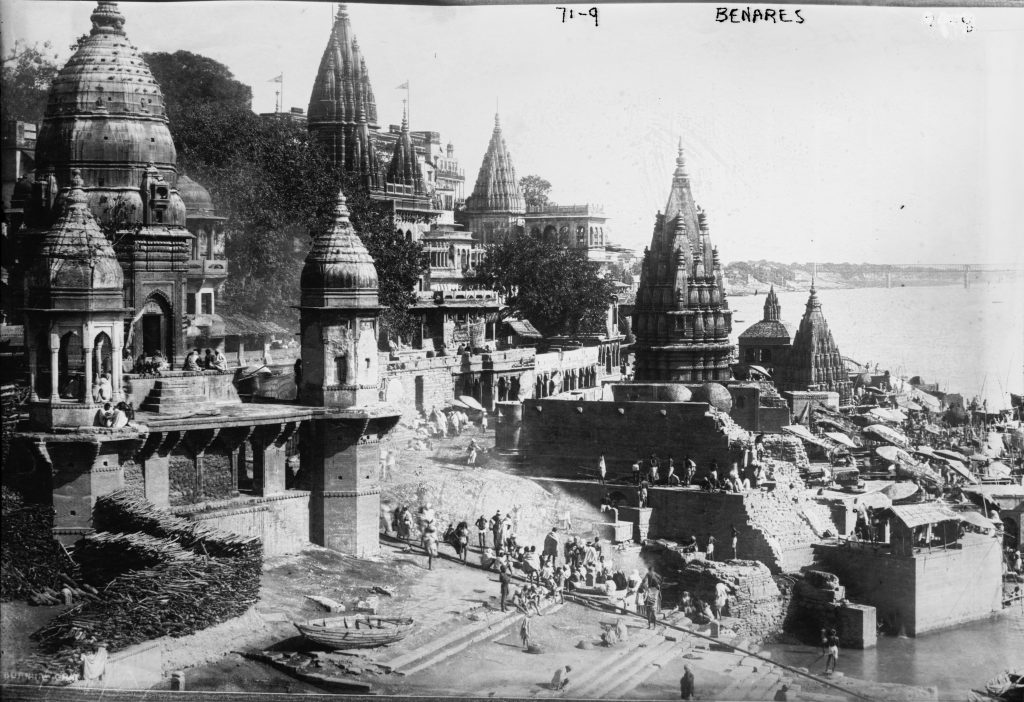CHARPAT NATH, one of the yogis whom, according to the Miharban Janam Sakhi, Guru Nanak met on Mount Sumer, was a Gorakhpanthi recluse. Guru Nanak himself mentions his name twice in his compositions in the Guru Granth Sahib in his Si`dh Gosti and in another hymn in Raga Ramkali. In the Sidh Gosti (lit. discourse or dialogue with the Siddhas), Charpat is stated to have put this question to him: "How is one to go across the world described as an impassable ocean?" Answers the Guru: As unaffected liveth the lotus in water, And the duck, So with the mind fixed on the Word, One swimmeth across the Ocean of Existence.
Discover how Hari Lal & his brother broke caste barriers, embraced Sikhism, and spread Guru Nanak's teachings in Kashi, valuing the divine gift of His name.
Discover the legacy of Javehar Mali, a key masand at Varanasi during Guru Tegh Bahadur's era, and his role in preserving spiritual edicts.
Discover Loharipa's role in Guru Nanak's Sidh Gosti, exploring the peaceful path of Natha yogis and the importance of cherishing the Lord's Name.
Explore the life of Machhindarnatha, a revered siddha of Tantric Buddhism, guru to Gorakhnath, and his teachings on true yoga and meditation.
Explore the historic meeting of Guru Gobind Singh and MADAN NATH in 1702, uncovering the origins of the Khalsa amidst Mughal intolerance.
BENARES (BANARASA, VARANASI) .....They have rosaries around their necks and glittering jugs in their hands—they cannot be called the saints of Hari, they are the Thugs of Benares (Varanasi).(Asa Kabir, pp. 476) He lives on the bank of Asi rivulet in Benares (Varanasi). (Gond Namdev, p. 873) It is the sacred city of the Hindus, being a great religious centre. It is also called Kashi. After killing Kansa and restoring the throne of Mathura to Ugarsen, Krishna came to Kashi for higher education, because this city had been famous for higher religious education.



